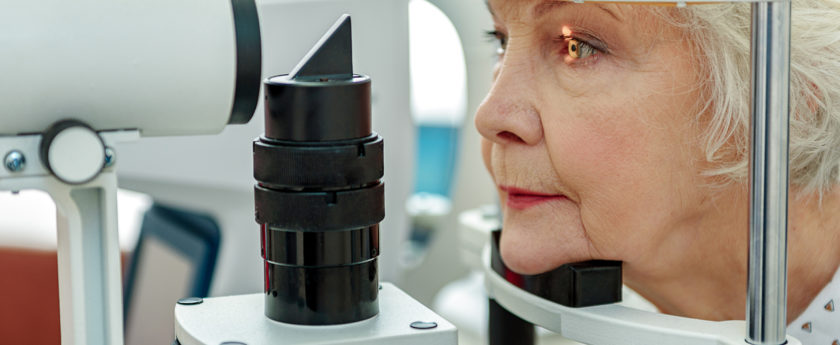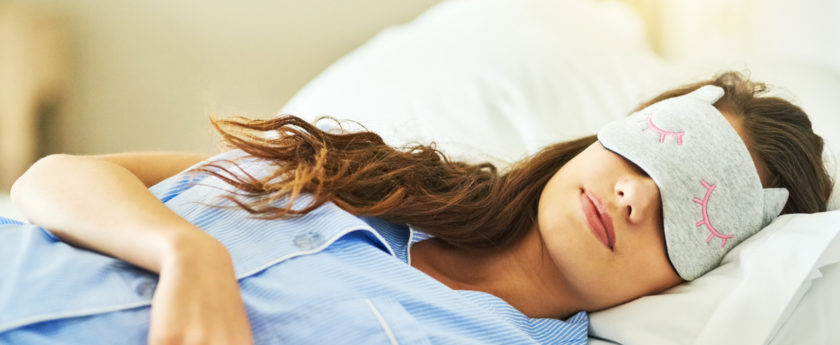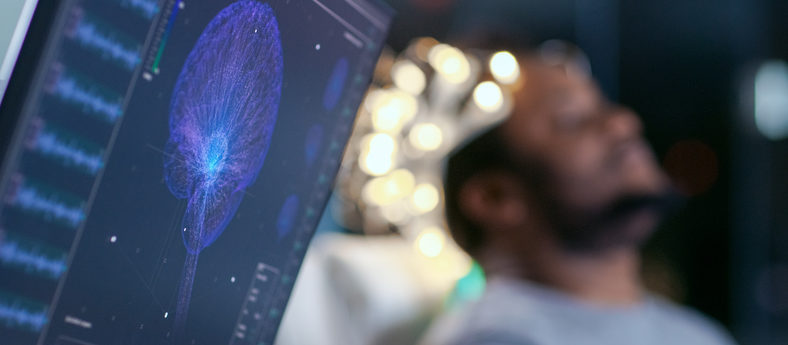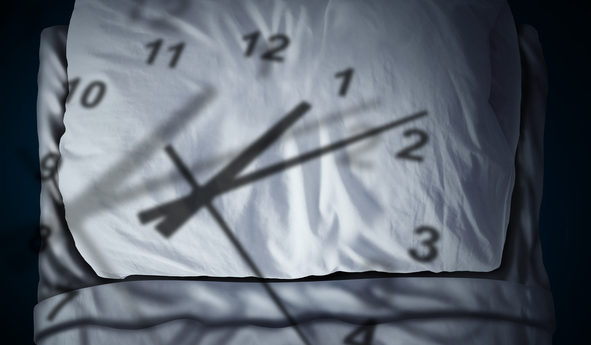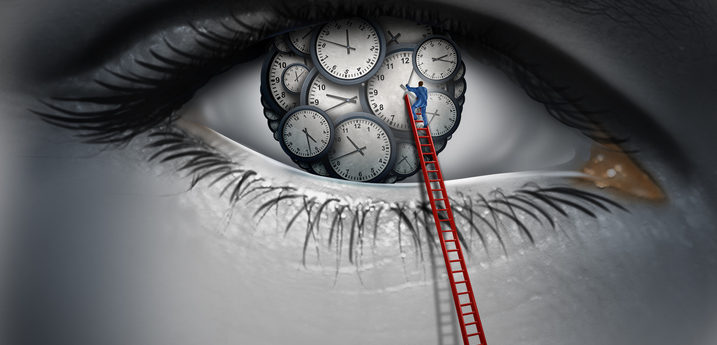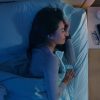What to Expect During a Comprehensive Vision Exam
Comprehensive vision exams are more than just the simple eye exams we remember from grade school. Comprehensive exams measure a wide array of eye health concerns and can even help detect eye cancer and other serious medical concerns. Here is what you can expect when you have a comprehensive exam: Acuity Tests This is one of the first parts of a comprehensive vision exam. It’s when you read the eye chart, and the doctor determines the sharpness of your vision. [...continue reading]
